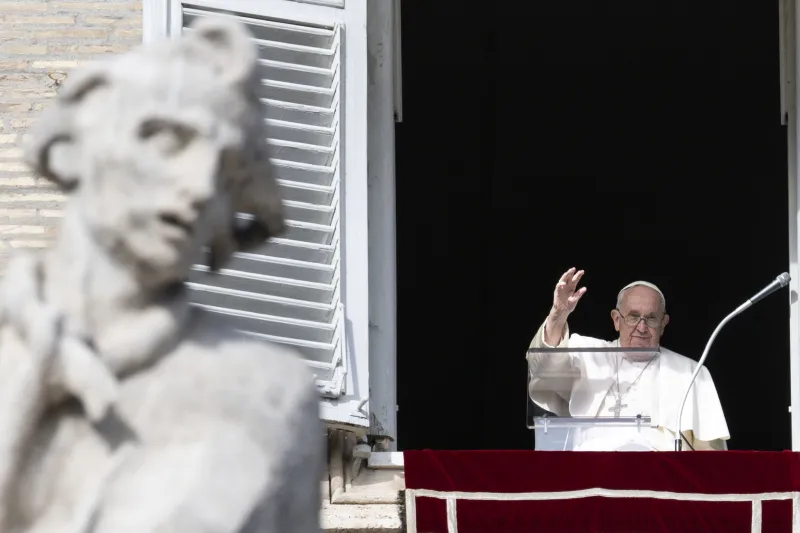
Rome Newsroom, Dec 12, 2022 / 09:50 am (CNA).
Pope Francis will send a letter to the world’s heads of state asking them to pardon prisoners, the Vatican announced Monday.
The invitation to make a “gesture of clemency” will be sent “on the occasion of the upcoming Christmas,” a Dec. 12 communication said.
The Vatican said the letter will invite world leaders to grant leniency to “those of our brothers and sisters deprived of their liberty whom they deem fit to benefit from such a measure, so that this time marked by tensions, injustices, and conflicts may be opened to the grace that comes from the Lord.”
The latest figures from the World Prison Population List, published in December 2021, report that there are an estimated 11.5 million prisoners worldwide.
If you value the news and views Catholic World Report provides, please consider donating to support our efforts. Your contribution will help us continue to make CWR available to all readers worldwide for free, without a subscription. Thank you for your generosity!
Click here for more information on donating to CWR. Click here to sign up for our newsletter.




We read: “those of our brothers and sisters deprived of their liberty whom they deem fit to benefit from such a measure…”
A complicated path, clemency vs retributive justice, where some jurisdictions use a broadened criterion: “When a criminal has been punished and a pardon can be used to enable that individual to [also] benefit society’s higher purpose, a pardon should be used.” (In the Hebrew Bible, a merciful Lord preserves the life of David—but not his first son by the seduced Bathsheba—and his later son does then rule over a unified kingdom, until he also betrays the covenant by multiplying his wives and gold [Deut 17:16-17; 1 Kings 10:14] and the now undivided kingdom, too, divides into the kind of “conflicts” we see today; human clemency in an imperfect world is still complicated.)
In any event, the selective granting of pardons varies by circumstance (false conviction, reformed life vs recidivism, disparate sentences, the deterrent effect, the nature of the crime(s) committed, extenuating mental circumstances, etc.), and by country: https://en.wikipedia.org/wiki/Pardon
To err is human. To forgive is divine. Long live mercy, forgiveness, and compassion.
Phil Lawler has a pointed response to Pope Francis’ proposal at Catholic Culture.